The academic innovators
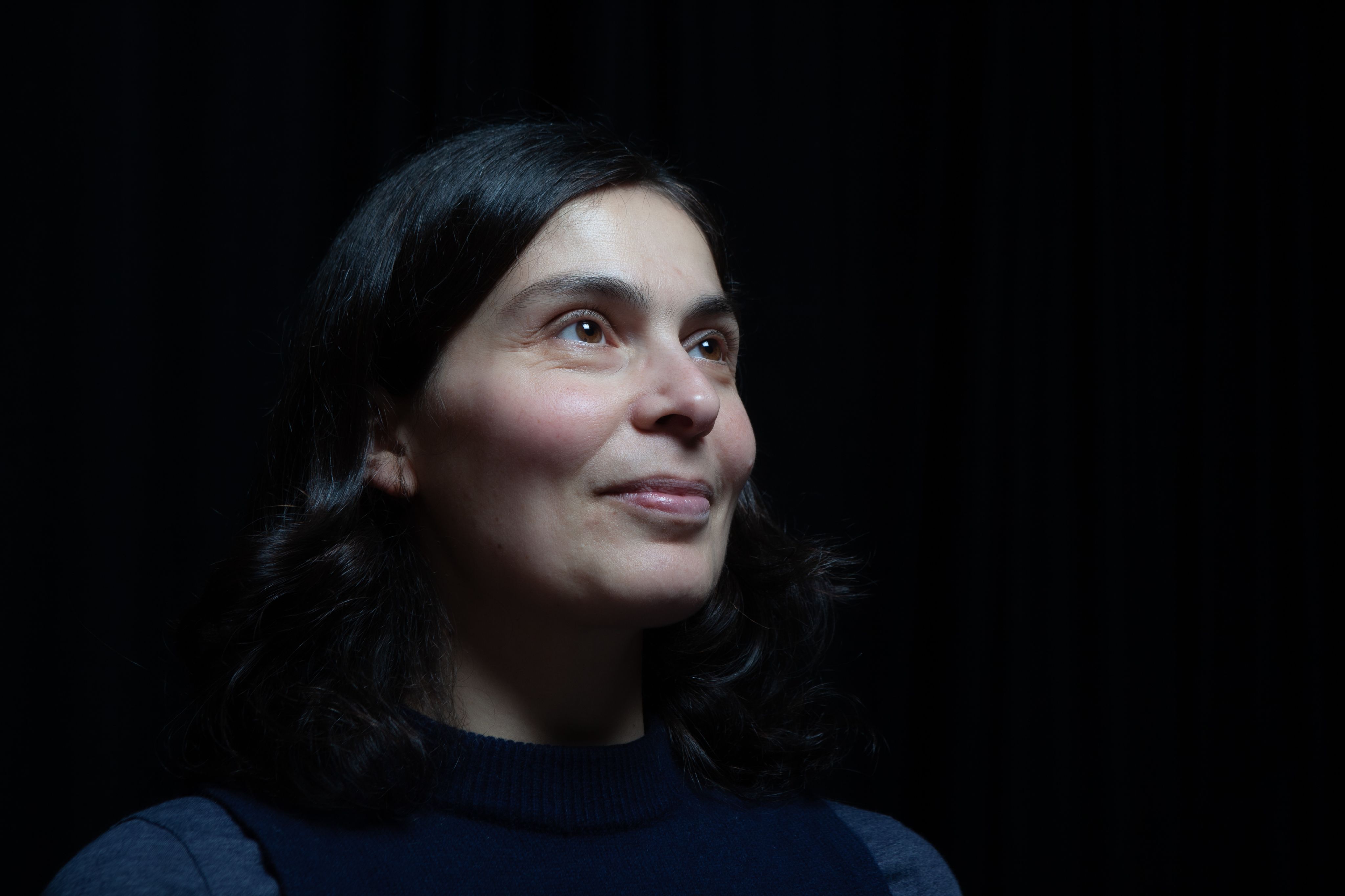
A pioneering fellowship is helping the next generation of Leeds academics progress their research into new, practical ideas with real benefits to society. Meet three of them.
The Michael Beverley Innovation Fellowship Programme supports mid-career researchers to turn their research into innovative solutions with societal benefits. There are currently 38 Michael Beverley Fellows at Leeds across almost every faculty on campus.
As well as the award of £7,500 towards concept development, each fellow is supported by three mentors – one a business expert, one an experienced Leeds academic and the third a peer from one of the previous cohorts of the scheme. The model is based on the Venture Mentoring approach pioneered by MIT.
Mentoring is complemented by taught sessions covering cross-disciplinary collaboration and business engagement, as well as regular networking events. All of this helps to build knowledge, skills and confidence so that impactful research is a natural outcome.
A gift of £1m from Yorkshire businessman Michael Beverley (Economics & Politics 1973) launched the programme with the aim of initiating cultural change around enterprise on campus: “I wanted to encourage innovation that leads to commercialisation,” he said. “That way, we can truly harness the excellence of our people to strengthen society and the regional economy.”
Harnessing the power of dance
Name: Maria Kapsali
Faculty: Arts, Humanities and Cultures
Area of research: Technology that helps encourage movement
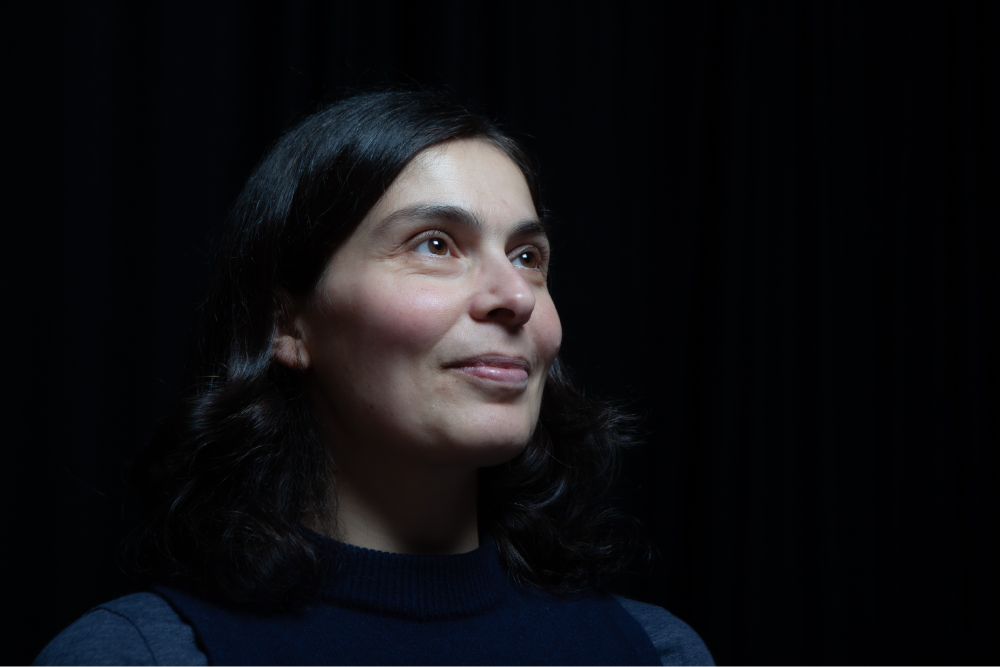
Maria Kapsali has always wanted to make people dance. With support from the Michael Beverley Fellowship, the Associate Professor in Physical Performance has designed, developed and commercialised a technology which does exactly that.
The system, named echome, uses sensors to track users’ movements and translate them into sound, giving them real-time audible feedback through speakers or headphones. As one user said: “When you move, sound is produced by the system, which bribes you into moving more.”
For a partially-sighted person, for example, dancing becomes a joy because they can hear the results. “It’s incredibly rewarding for someone to find that they can dance,” Maria said. “Particularly when they’ve been told they can’t because of a medical condition.”
The Michael Beverley Fellowship helped Maria establish the need for a product that could be used by a range of people. Her prototype has been used with participants with learning difficulties, movement restrictions and visual impairments – as well as with industry professionals. The next iteration will be more accessible to older adults, to help encourage movement.
“The fellowship introduced me to things beyond academic training,” she said. “Innovation isn’t about the product alone, but about how the user makes sense of it. Sessions on inclusive and user-centred design were so important.” As a result, Maria created an intuitive, accessible and affordable system which opens opportunities for learning, self-awareness, performance and composition.
“The fellowship truly catalysed my research because I realised its potential for creating change. It has extended my horizons in terms of what an academic can be and do.”
Watch echome at work in the video below.
A new approach to knee pain
Name: Aiqin Liu
Faculty: Biological Sciences
Area of research: Robotic devices to combat knee pain
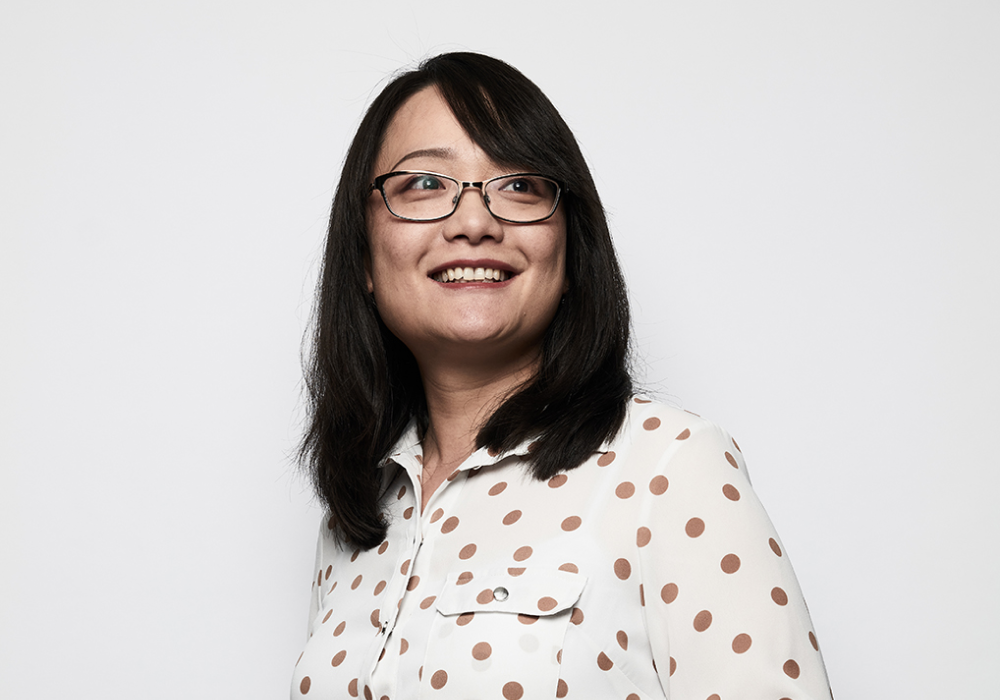
When it became clear that there was no medical solution to her knee pain, Dr Aiqin Liu took matters into her own hands. The decision could now benefit thousands of people suffering with the condition.
Over the last 18 years, Aiqin has suffered a dislocated knee cap, twice undergone knee surgery and been diagnosed with osteoarthritis. Despite the treatment, Aiqin was still living with pain.
One conversation stuck in her mind: “My surgeon said to me, ‘You are a biomechanics researcher – we can’t help you, but you have the skills to do so.’ So I decided to help myself.”
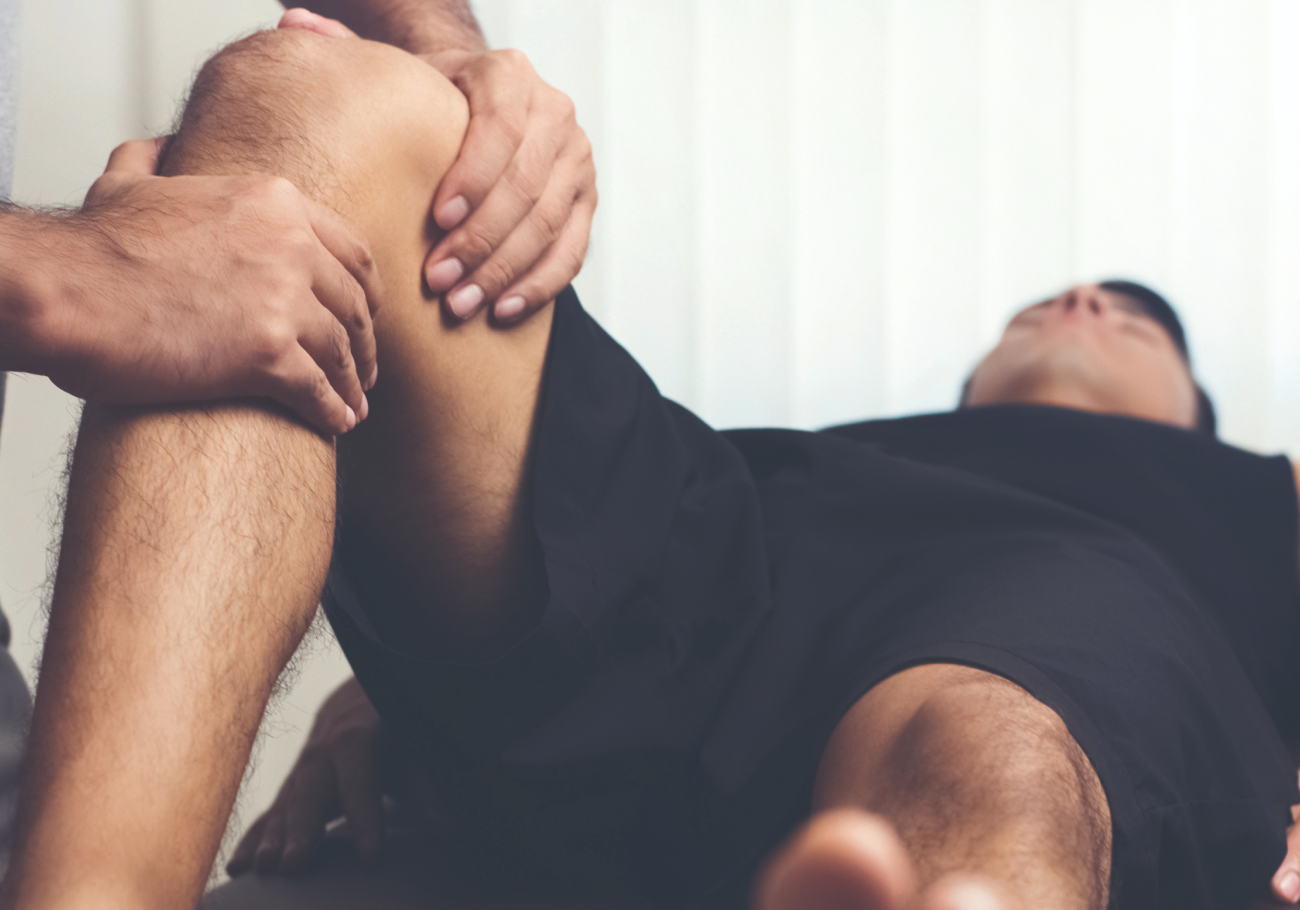
With no clear solutions to her knee pain, Dr Aiqin Liu took matters into her own hands
With no clear solutions to her knee pain, Dr Aiqin Liu took matters into her own hands
The Michael Beverley Fellowship arrived at just the right time for Aiqin to progress her idea. “I wanted to develop a knee device that would monitor movement to establish how the knee is performing and help with mobility when patients have difficulty moving it for themselves.
“But I had no knowledge about how I could get it to market,” she said. “The training and networking on the fellowship opened doors for me to approach people who could support me in different ways. I learnt to trust myself, my ideas, and believed I could make it happen.”
Now a lecturer in biomechanics in the Faculty of Biological Sciences, Aiqin collaborated with Professor Shane Xie, a robotics expert, to build the device. She is now analysing the market for product viability.
“Ultimately, I just want to help people like me. And one day, I hope to use my product to help keep moving.”
Relief from dry mouth syndrome
Name: Olivia Pabois
Faculty: Environment
Area of research: Products to alleviate difficulties caused by lack of saliva
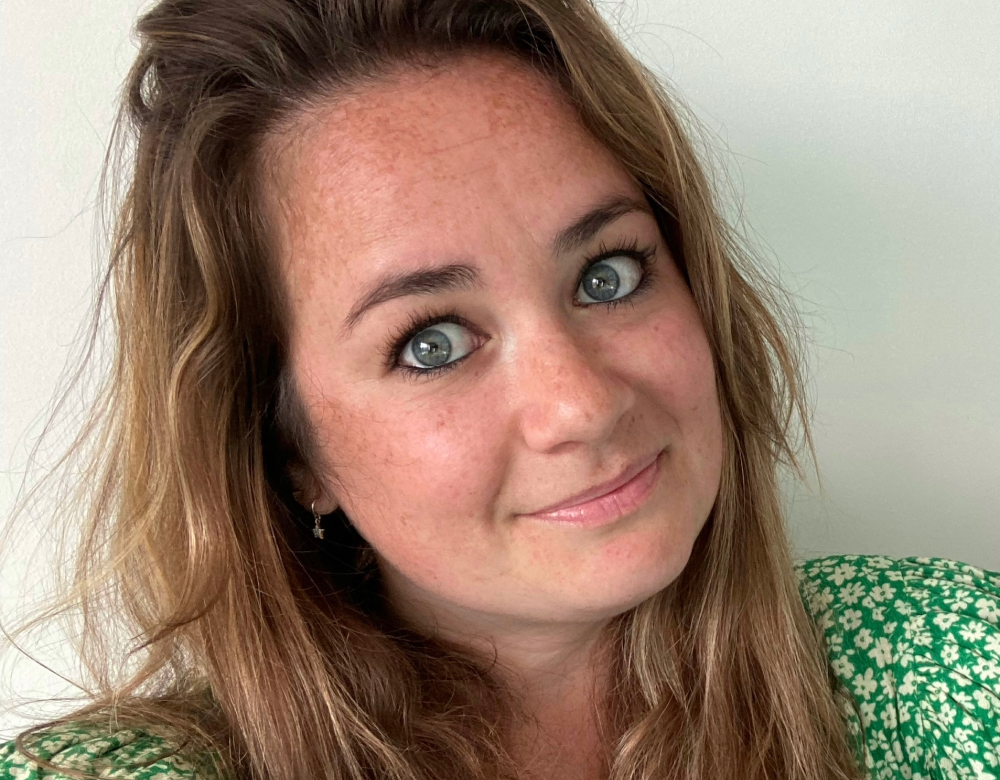
At least 10 million people in the UK suffer from a lack of saliva, which leads to difficulties in eating and speaking. Although commercial sprays and gels provide some relief, this often fades once the patient swallows.
“Patients describe their symptoms as ‘horrible’, ‘torture’, and ‘choking’,” says Dr Olivia Pabois, Postdoctoral Research Fellow in the Faculty of Environment. “What we are doing could make a real difference.”
Thanks to the Michael Beverley Innovation Fellowship, Olivia was given the knowledge – and confidence – to turn her research into a practical solution for sufferers of dry mouth syndrome. “With our new solution, a layer of product remains on biological surfaces once the patient swallows,” Olivia explained. “That means relief lasts for longer.”
Olivia joined the Leeds research group in 2020, bringing scientific experience and knowledge in chemistry to help perfect the formula. When the potential to change lives became clear, they looked at how to reach the market. “Personally, I knew nothing about entrepreneurship. I was lost in conversations with different companies.
“That changed when I was awarded the Michael Beverley Fellowship. Learning from people in business made me realise I could be more than a scientist. They helped me identify the right pathway to make an impact.”
Using knowledge gained through the fellowship, Olivia and the team have developed a manufacturing prototype. Now, she’s focussing on expanding applications to areas such as joint lubrication and dry eyes – and even as a fat replacer in food – which will create even greater societal benefit. .
When you support the University of Leeds, you enable us to nurture talent, raise aspirations and power societal change.
Each one of our worldwide community of supporters plays a vital role in supporting our University’s outstanding research and education.
If you would like to support our research, please visit our giving page.